In part, this results from the fact that all Greeks appropriate the religious and cultural heritage, while not having studied and analyzed Orthodoxy in depth nor the history affiliated to each period of Orthodoxy. Hence, current value systems appear in contradiction with incomplete historic narratives.One such complex matter is the gradual dominance of Christianity during the Byzantine Period. The standard attack that Christian Emperors violated human rights in defending and instituting Christianity troubles many Greeks and, certainly, the youth who struggle to adhere to the ideal of their Orthodox Christian History. It is this specific message, which is to be elaborated on.
The first myth is that all Byzantine Emperors are Saints of the Orthodox Church, something which is not true. There are only 10 of the 96 Byzantine Emperors who are Saints in the Orthodox Church. The reasons for which these Saints are venerated is a different subject from the one elaborated herein.
Although the life of a Saint provides examples for Christians and the Saint is loved, an historic figure, competent or ruthless, is not commemorated.
The second myth is that Christian Emperors feuded and persecuted non-Christians. This message is misleading and false. The reality of this new Right to Freedom of Religion during the first Constantinian Dynasty was met with opposition, as is expected in a society transitioning away from the absolutism of the Roman Empire.
The greatest contribution of Constantine the Great (306-337 AD) to Humanity was the Edict of Milan in 313 AD granting religious tolerance in the Roman Empire. The text was never fully retrieved but was quoted in length by Lactantius’ report “On the Deaths of the Persecutors”. The Edict of Milan accorded the right to all persons to be free to follow the mode of religion which best suited them.
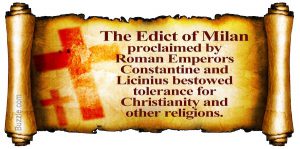 Although Christians welcomed the Edict of Milan which was intended to end religious persecutions, the Edict of Milan was not intended only for Christians. Freedom of Religion was deemed an individual right, a right which the State was obligated to protect.
Although Christians welcomed the Edict of Milan which was intended to end religious persecutions, the Edict of Milan was not intended only for Christians. Freedom of Religion was deemed an individual right, a right which the State was obligated to protect.
Christianity did not become the official religion in the Eastern Empire until 380 AD, well after the death of Constantine the Great. Herein lies the confusion: Freedom of religion in contrast to a state- sponsored official religion and the political power applied in the battle over instituting an official state- religion.
Constantius II (337-361), son and heir to Constantine the Great, was the first to attempt controlling his subjects in accordance to his personal philosophy: “Let superstition cease, let the folly of sacrifices be abolished”. As Emperor he removed the Altar of Victory from the Senate House. His anti-pagan policies included the closing of temples, ending of tax reliefs for pagans and the death penalty for those who consulted soothsayers. However, Constantius II did not adhere to the spirit of the Edict of Milan nor is he a Saint of the Orthodox Church. His reign can be characterised by a hastening of the transition process into a Christian State-religion.
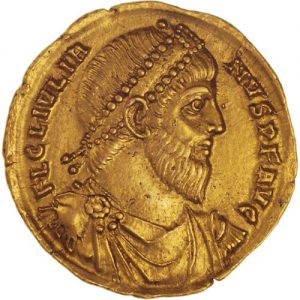 The subsequent Emperor went in the opposite direction. Julian the Apostate (331-336), nephew of Constantine the Great, rejected Christianity. As a fervent philosopher of Neoplatonic Hellenism, Julian the Apostate did not extend his open-mindedness to Christianity. He consecrated his 18 months of Rule to undoing everything his uncle had set forth. Julian the Apostate, restored paganism, abolished tax reliefs for Christians, legislated against Christians being teachers, and much more.
The subsequent Emperor went in the opposite direction. Julian the Apostate (331-336), nephew of Constantine the Great, rejected Christianity. As a fervent philosopher of Neoplatonic Hellenism, Julian the Apostate did not extend his open-mindedness to Christianity. He consecrated his 18 months of Rule to undoing everything his uncle had set forth. Julian the Apostate, restored paganism, abolished tax reliefs for Christians, legislated against Christians being teachers, and much more.
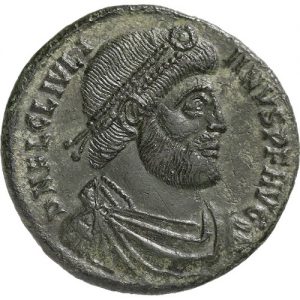 Christianity by the end of the reign by Julian the Apostate, was now well into the third generation. People were accustomed to their Freedom of Religion and comfortable with their identity as Christians; a religion which had already won over the greater majority of peoples of the then Mediterranean and Middle East world.
Christianity by the end of the reign by Julian the Apostate, was now well into the third generation. People were accustomed to their Freedom of Religion and comfortable with their identity as Christians; a religion which had already won over the greater majority of peoples of the then Mediterranean and Middle East world.
What is important to remember is that this transition from Paganism to Christianity was the result of the Edict of Milan, the recognition of the Right to Freedom of Religion. People and society espoused the values of Christianity in their ideal representation by the Gospels and the myriads of martyrs. Any efforts to stain the transition from official state-run Paganism to Christianity, with accusations that Emperors behaved contrary to Christian values, is a misleading and false oversimplification.
Authored by Eleni Bomis, Hellenic Electronic Center
References: 3rd Gymnasium Micras, Macedonia, Greece – Wikipedia
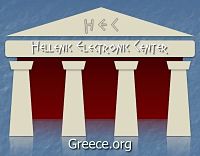
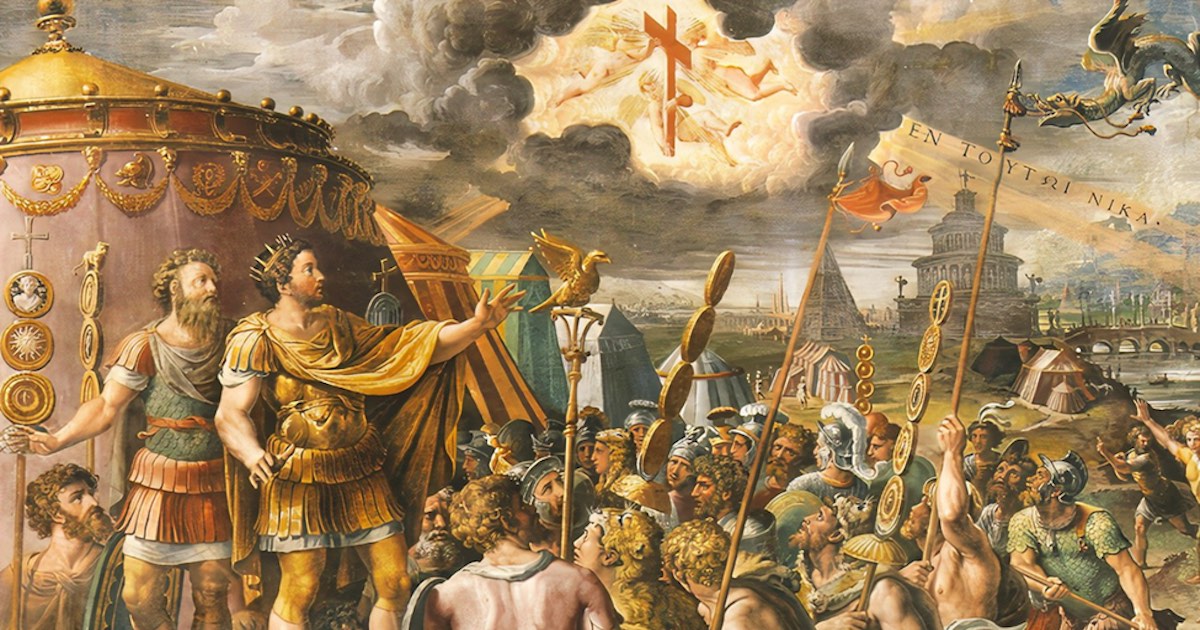
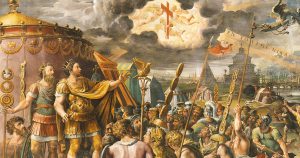
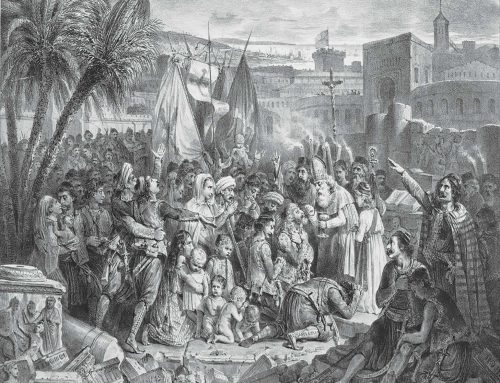
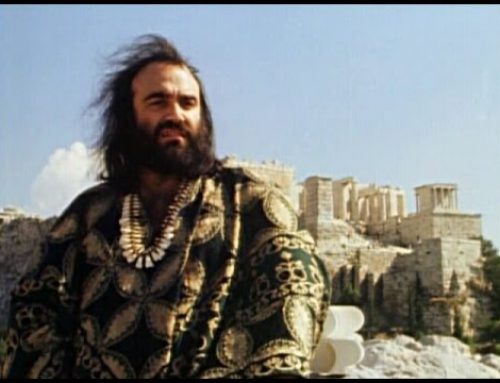

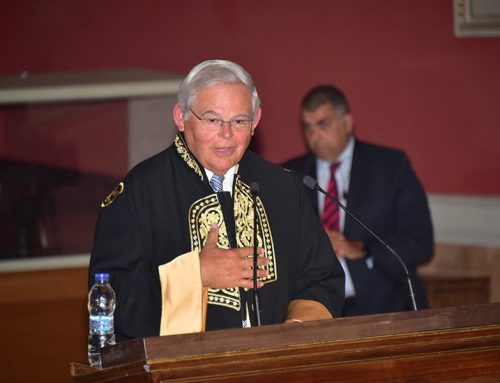

Leave A Comment